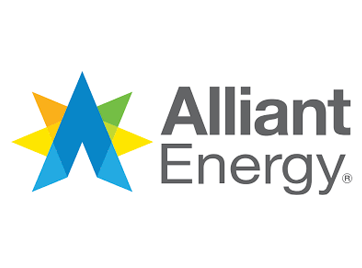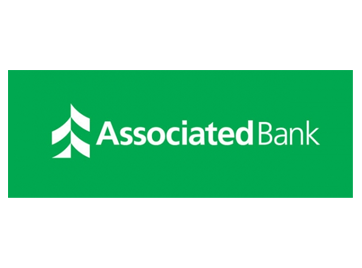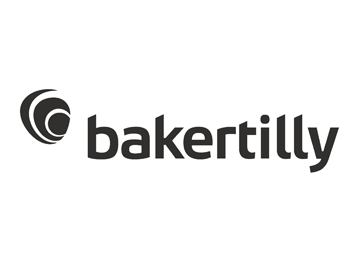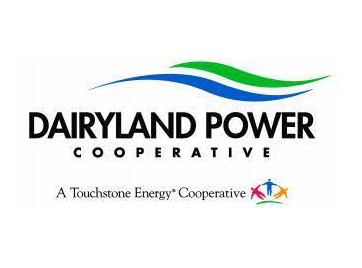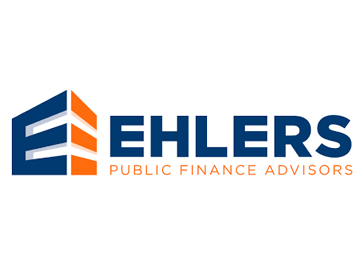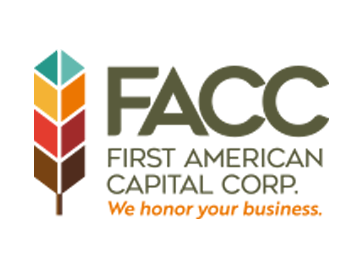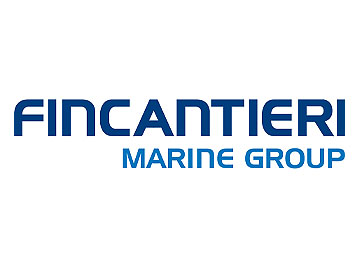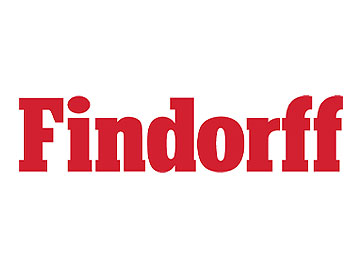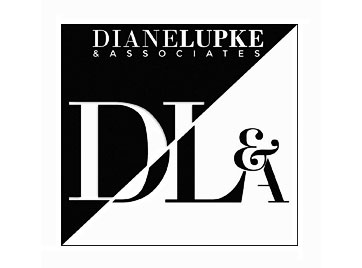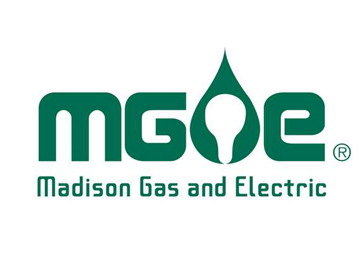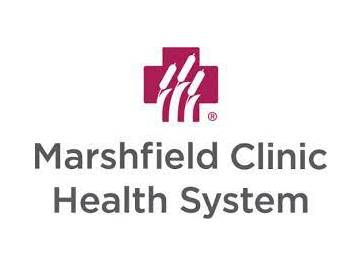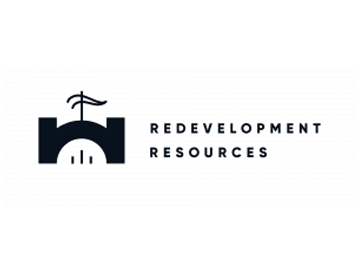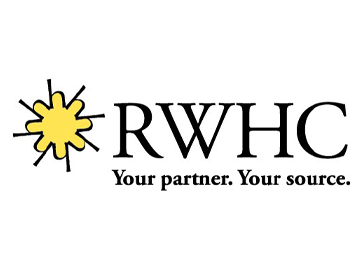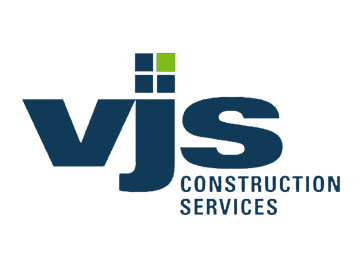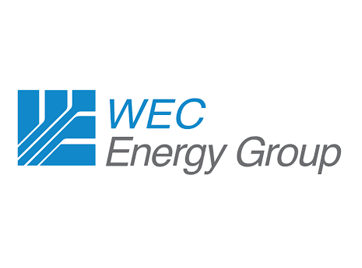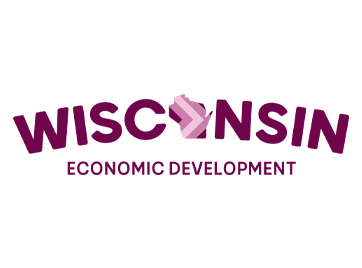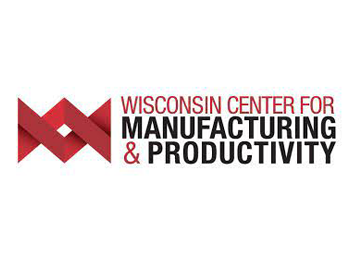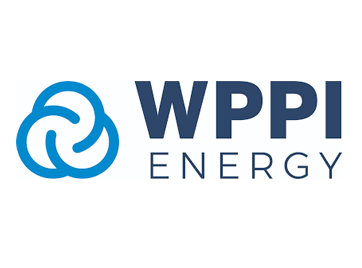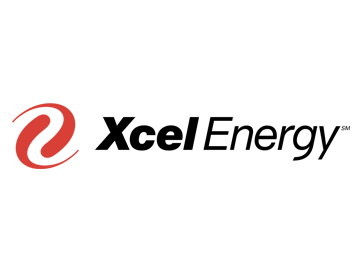Legislature Continues to Reshape State Budget Bill
The Legislature’s budget-writing committee – the Joint Finance Committee (JFC) – continues to reshape Gov. Tony Evers 2023-25 biennial state budget bill, the $104 billion two-year spending plan for the state Evers introduced in mid-February.
The first action JFC took on the budget bill earlier this month was to remove over 500 items from Evers’ initial proposal. Among the items removed was a proposal to significantly reduce the state’s Manufacturing and Agriculture Tax Credit, which would have resulted in a $650 million tax increase on manufacturers. WEDA applauds the committee’s effort to preserve the credit, which allows manufactures to remain competitive and reinvest in their communities.
Other economic development related items removed from the Evers budget by lawmakers include:
- $10 million GPR annual increase for WEDC’s base funding.
- $40 million GPR in one-time funding for WEDC to support continued economic recovery efforts throughout Wisconsin.
- $200 million GPR to continue the Workforce Innovation Grant Program.
- $25 million GPR annually to continue the Main Street Bounceback Grant program.
- Creation of a venture capital program with $75 million in one-time GPR funding.
Yesterday, the Joint Finance Committee considered budget items related to the Wisconsin Department of Workforce Development and voted to approve the following provisions of interest to WEDA members:
- Local Youth Apprenticeship Grants – Provided $7,000,000 GPR over the biennium in additional funding to for grants for local youth apprenticeship. As a result, total funding for local youth apprenticeship grants would be $19,000,000 GPR over the two-year budget cycle.
- Career and Technical Education Incentive Grants – Provided $3,000,000 GPR over the biennium in additional funding for career and technical education (CTE) incentive grant payments to school districts. As a result, total funding for the CTE incentive grants program would be $16,000,000 GPR over the two-year budget cycle.
- Fast Forward – Decreases by $1,000,000 GPR annually funding for DWD’s Fast Forward program. As a result, total funding for Fast Forward would be $10,500,000 over the two-year budget cycle.
Tomorrow, JFC will consider and vote on budget items related to WEDC, including statewide talent attraction funding, which is a top WEDA legislative priority.
State Lawmakers Considers Workforce Housing Legislative Package
One of WEDA’s current legislative priorities focuses on solutions to state’s housing shortage that encourage the development of much-needed housing affordable for Wisconsin workers and families. With that in mind, we are pleased to report that last week two key committees in the Legislature held hearings on the following housing-related bills supported by WEDA:
- AB 39 / SB 40 (RE: Low-Income Housing Tax Credit Program) – Under current law, WHEDA can allocate up to $42 million in annual tax credits to spur the development of low-to-moderate income housing. This legislation would Increase the allowable amount of annual tax credits allocated by WHEDA to $100 million. The bill also requires WHEDA, if possible, to allocate at least 35% of the tax credits for housing projects in rural areas.
- AB 96 / SB 103 (RE: PAYGO TIF Bill) – This legislation would authorize municipalities that have exceeded the state’s 12% TIF limit to create a new TIF district, as long as it is a developer-financed TIF district (or PAYGO TIF). The bill would also allow certain towns adjacent to a city to create a PAYGO TIF for the purpose of constructing housing-related infrastructure. In addition, an amendment to the bill was introduced to increase the amount of residential development permitted in a “mixed-use” TIF district from 35% to 100% of the district, if the residential development that exceeds 35% is used for workforce housing.
- AB 264 / SB 293 (RE: Housing infrastructure revolving loan fund) – Establishes a revolving loan fund under the jurisdiction of the WHEDA to fund infrastructure for workforce housing and senior housing development.
- AB 265 / SB 294 (RE: Main Street housing rehabilitation revolving loan fund) – Establishes a Main Street housing rehabilitation revolving loan fund under the control of WHEDA to provide loans to property owners for the rehabilitation of second and third story apartments over main level businesses.
- AB 268 / SB 295 (RE: Commercial-to-housing conversion revolving loan fund) – Establishes a commercial-to-housing conversion revolving loan fund under the jurisdiction of WHEDA to award loans to developers for the conversion of vacant commercial buildings to new residential developments consisting of workforce or senior housing.
The WEDA Government Affairs Team will continue to advocate for these important initiatives that expand or create tools to help encourage housing development in communities throughout the state. Members will be kept fully updated on the progress of these proposals as WEDA and other stakeholders work to address the state’s housing crunch and the larger workforce shortage crisis that is threatening future economic growth.


